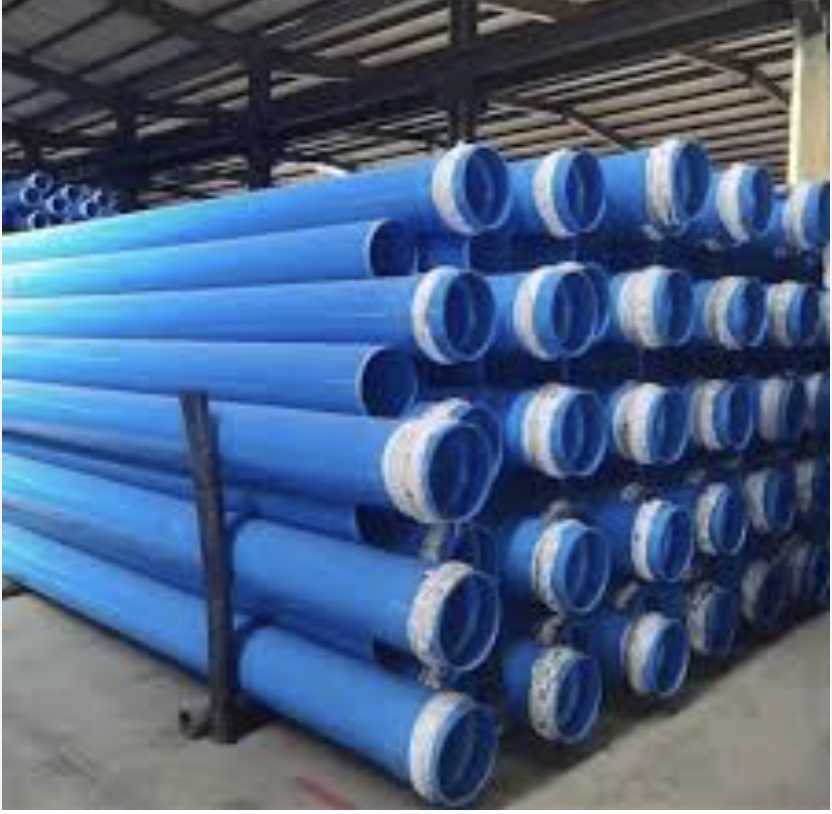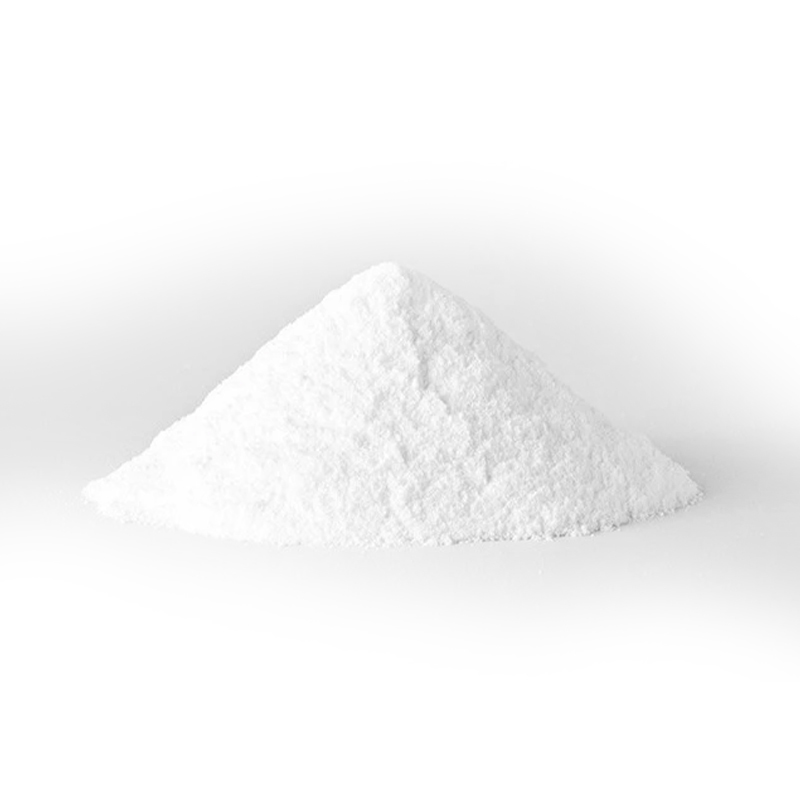Auto ancillary sector’s revenue may fall 16-20% in current financial year: India Ratings
The ACMA President noted that the automobile industry will play a very important role in the recovery of the Indian economy.
New Delhi: The auto component industry is looking at “breathing opportunities” and developing a long term roadmap to introduce new laws and regulations and new standards. So, the industry is gearing up for changes that will require a lot of investment, he said.
The automotive industry accounts for about 2.3 percent of South Korea’s gross domestic product (GDP), but the COVID-19 incident has led to a prolonged downturn across the automotive industry, causing supply chain problems and affecting productivity gains.
Deepak Jain said that the challenging business environment has limited the industry’s ability to make additional investments in response to the new regulations.
“During the transition from BS-IV to BS-VI, the automotive industry invested nearly Rs. 8,000 crore, of which 40-50% came from the auto component industry.
In the future, these regulations will continue to be introduced, so I hope the industry takes a breather and reorganizes the most necessary regulations. ” said Jane.
The industry provides jobs for about 5 million people and said it is still looking to develop (10 people) to 15 years) regulatory roadmap over the long term to prepare for future growth. “Transformation,” he added.
Jain “The market downturn and the COVID-19 pandemic have greatly reduced the ability to invest in the auto component industry.
He added that bringing stability to the industry is one of the most important aspects in the current turmoil.
“I think we need to fundamentally stabilize because we need to stabilize the industry and show that we need to think about sustainable measures to make the future stronger and more stable, and that can only be achieved through this ecosystem. This is achieved through close collaboration between all the stakeholders,” Jain said.
Jain pointed out that taking steps to stimulate demand and ensure a national supply chain is a critical step in ensuring the long-term sustainability of the automotive industry.
“Even today, the supply chain remains difficult. Weak demand cannot be met. The government needs to look at this issue holistically and clearly, balancing supply and demand and taking into account the importance of the domestic automotive industry.” He added:
Jain noted that the automobile industry will play a very important role if the Indian economy returns to growth.
He added that SIAM, ACMA, FADA and industry sectors like the government are working together to achieve future goals like becoming independent. The industry has long expected the government to stimulate demand. Taxes prioritize loan status and the government also has expectations of strengthening exports and domestic production.
He said, “We need to meet the expectations of both sides and work together to ensure that the larger agenda moves India forward.”
Jain was elected for a two-year term and completed his first year as ACMA President earlier this month. He cited the successful transition to BS-VI in the face of the COVID-19 blockade as some of the major challenges the industry faced last year.
Jain said the government has taken various steps to ease the business climate.
But where expectations have not been met, it is essentially providing direct incentives to stimulate demand,” he added. In the last fiscal, the auto component industry earned Rs 3,490 crore ($49.2 billion) in revenue, down 11.7% from the 2018-19 fiscal.
Recommended Suppliers
 September 23, 2024
September 23, 2024  June 3, 2024
June 3, 2024  June 3, 2024
June 3, 2024  June 3, 2024
June 3, 2024  June 3, 2024
June 3, 2024 














